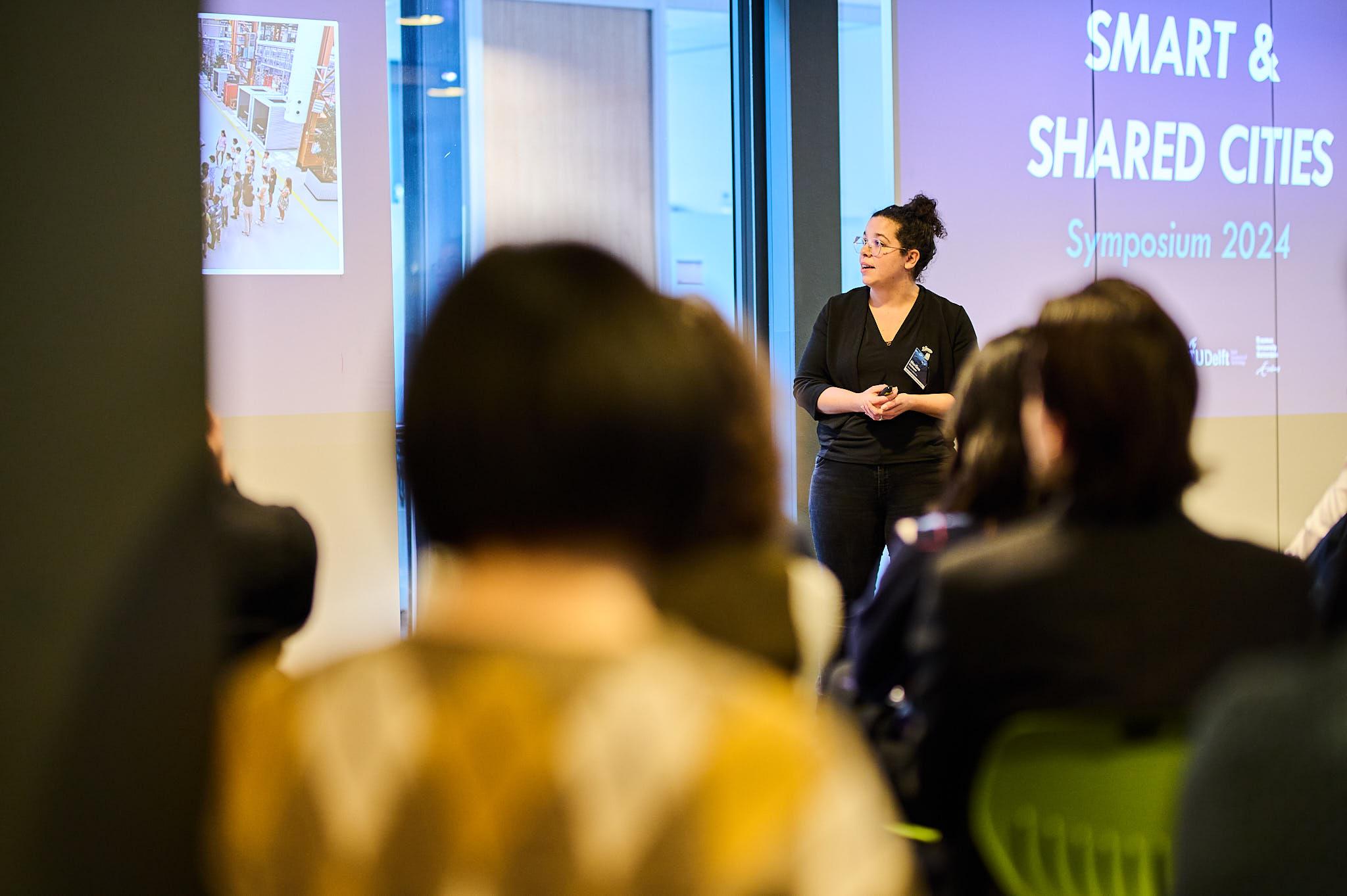The Centre for BOLD Cities has contributed to the recently published Leiden-Delft-Erasmus position paper on transdisciplinary education. This paper underscores the need to structurally integrate education, research and societal partnerships to address complex societal challenges in a sustainable way.
The position paper from the LDE Community of Practice Transdisciplinair Onderwijs, outlines the need to integrate transdisciplinary education structurally into academic programs, ensuring that education, research and collaboration with societal stakeholders become an essential part of higher education. By working together with municipalities, non-profits and other local partners, universities can create learning environments where students and researchers contribute to impactful and sustainable outcomes.
With this position paper, we emphasise the urgency of embedding transdisciplinary education in our university system. Working with societal partners is key to addressing urban and societal challenges in a sustainable way. Only through integrated education, research and partnerships we can truly make a difference." - Merlina Slotboom, education manager BOLD Cities
The Centre for BOLD Cities already embraced transdisciplinary learning through its minor Smart and SHARED Cities. This program connects students with real-world challenges, working closely with municipalities and community stakeholders to explore issues like urban digitalisation, inclusivity and governance. These partnerships provide students with hands-on experience, preparing them to work across disciplines and sectors to drive positive change.
Key takeaways from the Position Paper
The position paper identifies key steps to make transdisciplinary education a structural part of academic programs:
- Developing structural and financial support to support long -term collaborations between universities and societal partners.
- Creating cross-institutional networks that connect students, researchers and stakeholders. These collaborations must be carefully managed to prevent overburdening citizens in smaller regions.
- Prioritising skills development for students and teachers to equipping them with skills to navigate multi-stakeholder environments.

By fostering collaborations with societal stakeholders—municipalities, non-profits and local communities—universities can create educational programs that deliver real-world impact. The paper calls for sustainable models to support these collaborations, ensuring they become integral to the education system rather than isolated initiatives.
Interested in participating in the LDE Community of Practice or do you want to discuss the Position Paper? Please contact Marja Verstelle, Education Project Manager at Leiden-Delft-Erasmus Universities and coordinator of the Community of Practice.
